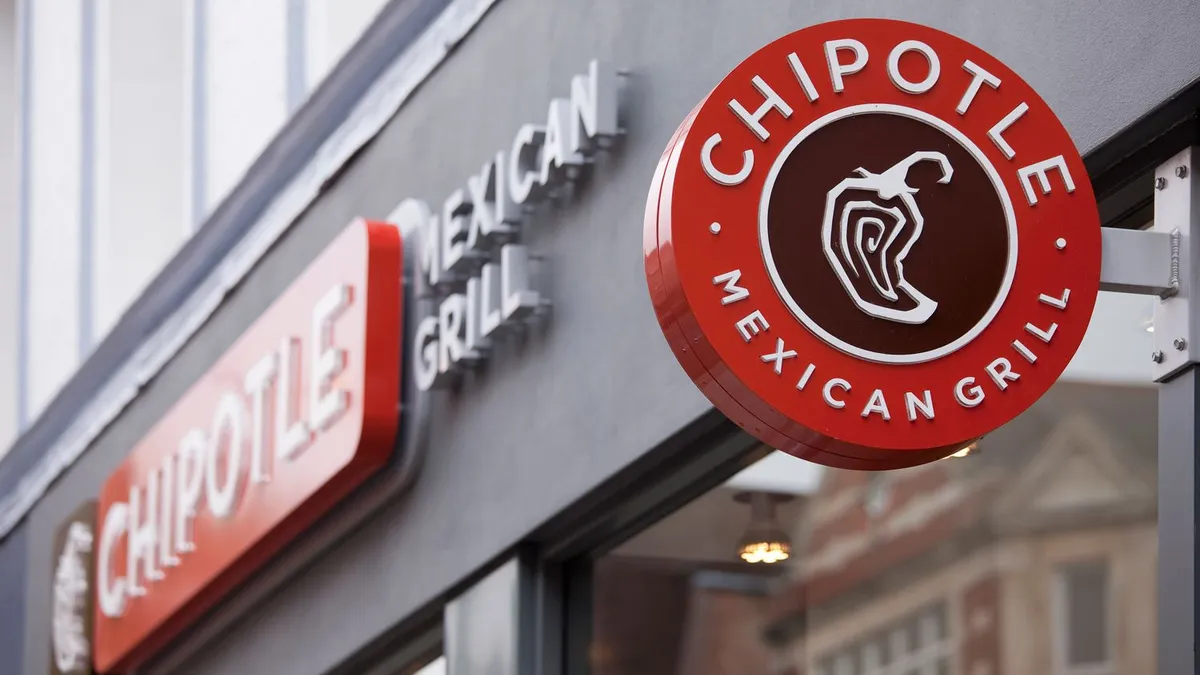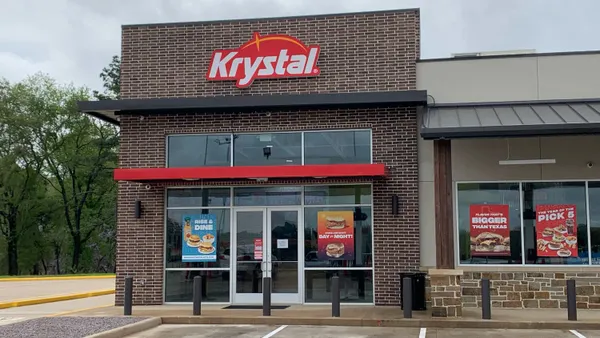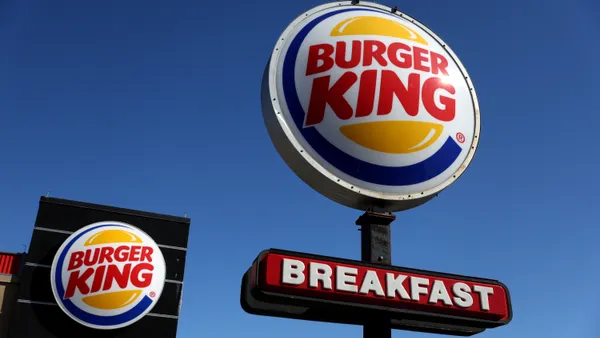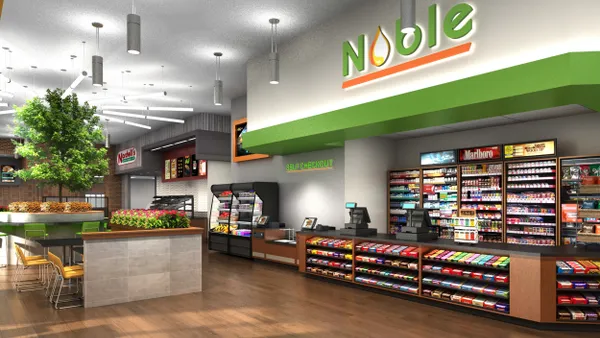Dive Brief:
- Chipotle has signed a development agreement with Alsea, a restaurant operator in Latin America and Europe, to open a location in Mexico by early 2026, the chain said Monday in a press release.
- The companies will also explore additional expansion markets in the region, though it’s unclear if this refers to Latin America as a whole, Central America in particular, or different parts of Mexico.
- This agreement is part of the chain’s international expansion strategy. In July 2023, Chipotle partnered with Alshaya Group to develop locations in the Middle East, the first of which opened last year.
Dive Insight:
Partnering with Alsea could open up significant markets for Chipotle, given the operator’s geographical reach and experience with QSRs and full-service restaurants. The operator already has over 4,700 units across Mexico, Spain, Argentina, Chile, Colombia, France, Portugal, the Netherlands, Belgium, Luxembourg, Uruguay and Paraguay.
Alsea also has experience operating a variety of U.S. brands as well, currently partnering with P.F. Chang’s, Burger King, Starbucks, TGI Fridays, Domino’s, The Cheesecake Factory and Chili’s, among others, according to its website.
Chipotle’s long-term expansion goal is to reach 7,000 restaurants in the U.S. and Canada and the brand currently has over 3,700 units, including international units. The chain plans to open 315 to 345 new restaurants this year. It has over 90 international units, including 58 locations in Canada and 20 in the U.K., six in France and two in Germany, according to the press release.
This year, Chipotle is focusing on growth in Canada and the Middle East, CEO Scott Boatwright said during the chain’s Q4 2024 earnings call.
“We will also continue to make progress on proving out the economic model in Europe and begin to build a pipeline for growth,” Boatwright said.
The chain is nearly a year into a new leadership team in the U.K. and is seeing improved restaurant-level margins that have allowed the chain to start considering specific areas in Western Europe, he said.
“We can drive or create a viable business in the Western Europe markets we operate in today with hundreds of restaurants and potentially thousands of restaurants in other markets — adjacent markets — that we can bring in,” Boatwright said.














